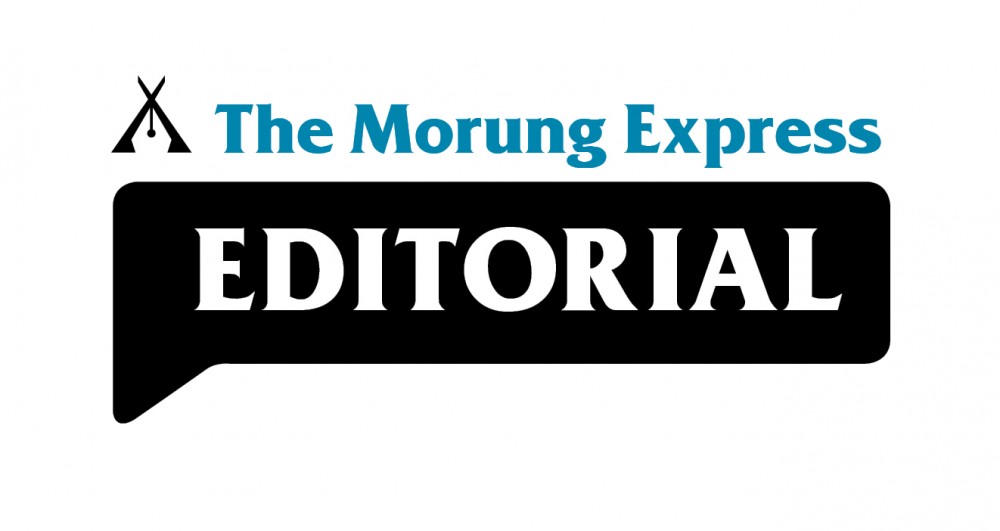
Imlisanen Jamir
The long drawn out debate on alcohol prohibition in Nagaland has never succeeded in producing any fruitful dialogue that could eventually lead to an acceptable solution. And by how things are going now, there doesn't seem to be any sign that this trend will change.
Recent news broke that the Nagaland State Government is set to move a proposal for partial lifting of the Nagaland Liquor Total Prohibition (NLTP) Act. According to reports, the State might bring this proposal during the upcoming Assembly session.
On the one hand, the State Government's highly guarded manner in which this is set to be done is a result of experiences from earlier failed attempts. This reason notwithstanding, any move on an issue of such public interest is bound to draw severe reactions.
Then, there is the response of the Nagaland Baptist Church Council (NBCC) which, while passionately expressing its view, only served a point of redundancy. Merely reiterating history, though important, will suffice no more. Further, the rigid stand on prohibition that the statement reflects does not bear well for the future of any dialogue on the issue.
The main arguments on both sides have been bereft of any empirical data, atleast any that have been publicly made available. This relates to arguments on spurious liquor, alcoholism and its societal impact, revenue factors etc.
Instead what we have seen are vague assurances on review of the act and emotional responses.
Alcoholism, its effect on personal health and family relations is a pertinent issue. Policies on how to combat these problems through a health and welfare vision is what's required. Corruption, monopolisation, with its feed off into criminal aspects of society, are also major issues that the state has long failed to deal with. Any moves to address these go far beyond alcohol prohibition though.
Meanwhile, there is no doubt that legalizing alcohol sale in any way would bring substantial revenue generation. Now, where that revenue goes--in the hands of corrupt officials or syndicates or the government--is a different issue. Ensuring that the revenue is used how it is meant to be should form a part of any plan. Further, arguments regarding the health effects of spurious alcohol need to be presented with data and health plans need to be formulated as well.
Then, there is the case for individual freedom. The public good aside, any move to curtail choice, leaves a bad taste in the mouth.
Comments can be sent to imlisanenjamir@gmail.com






